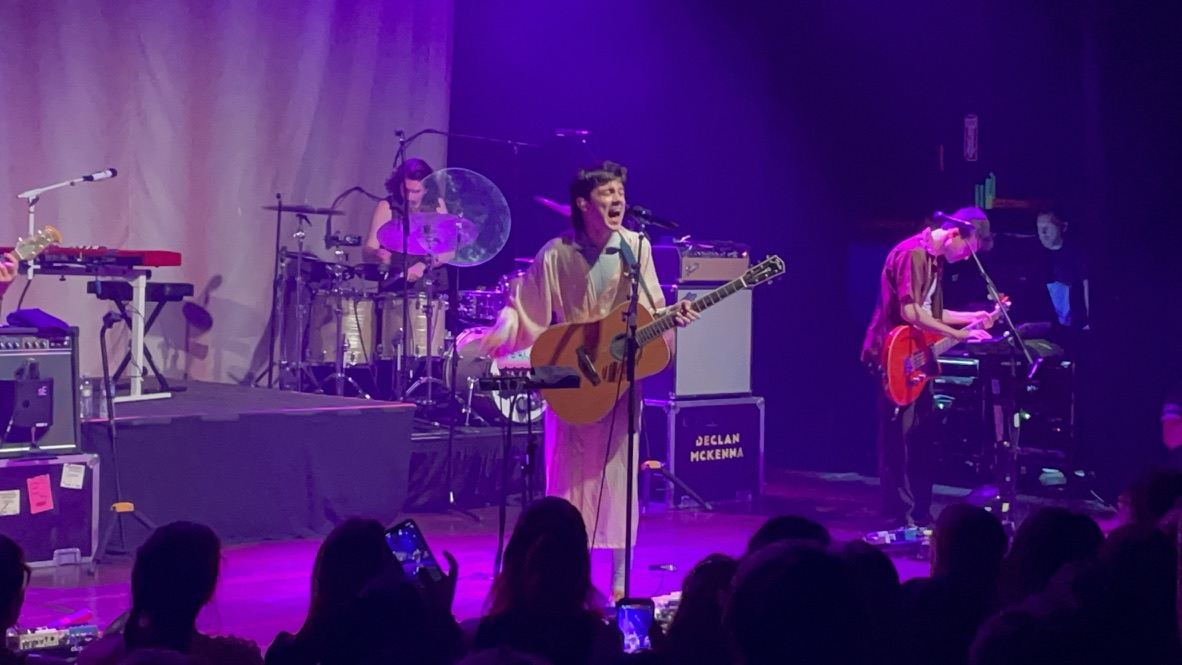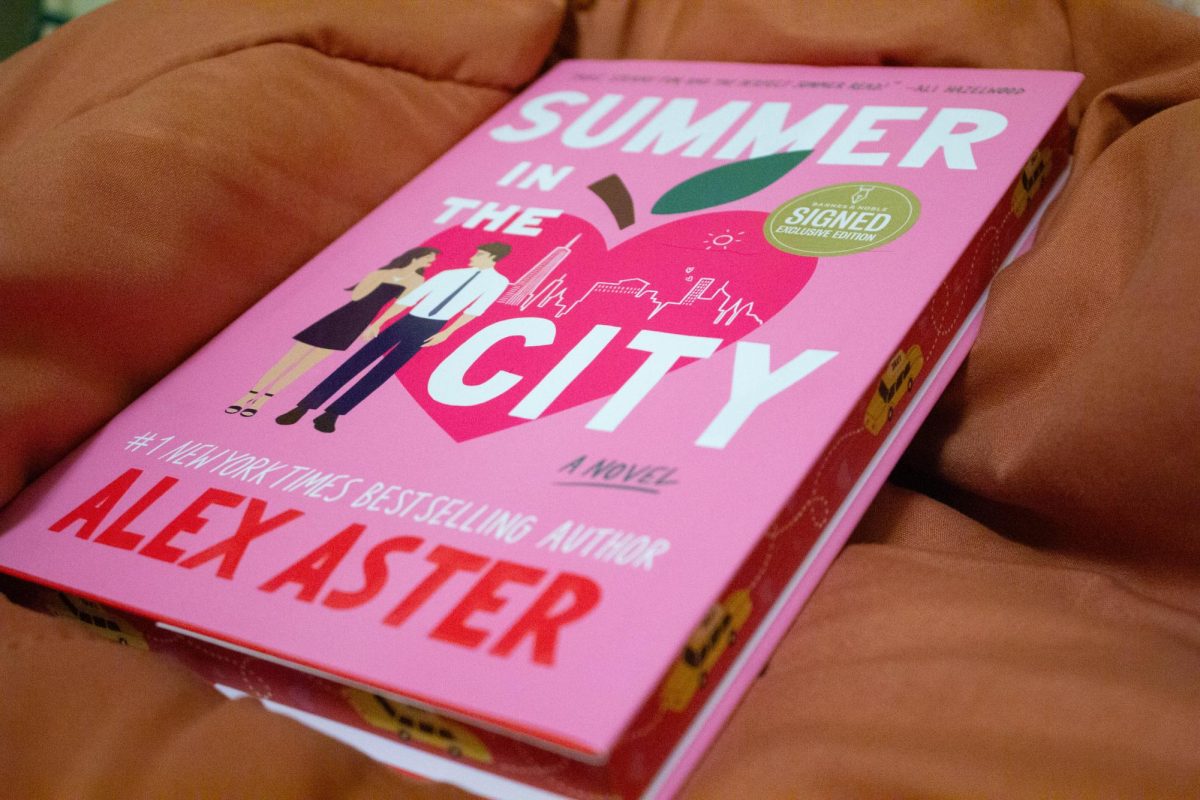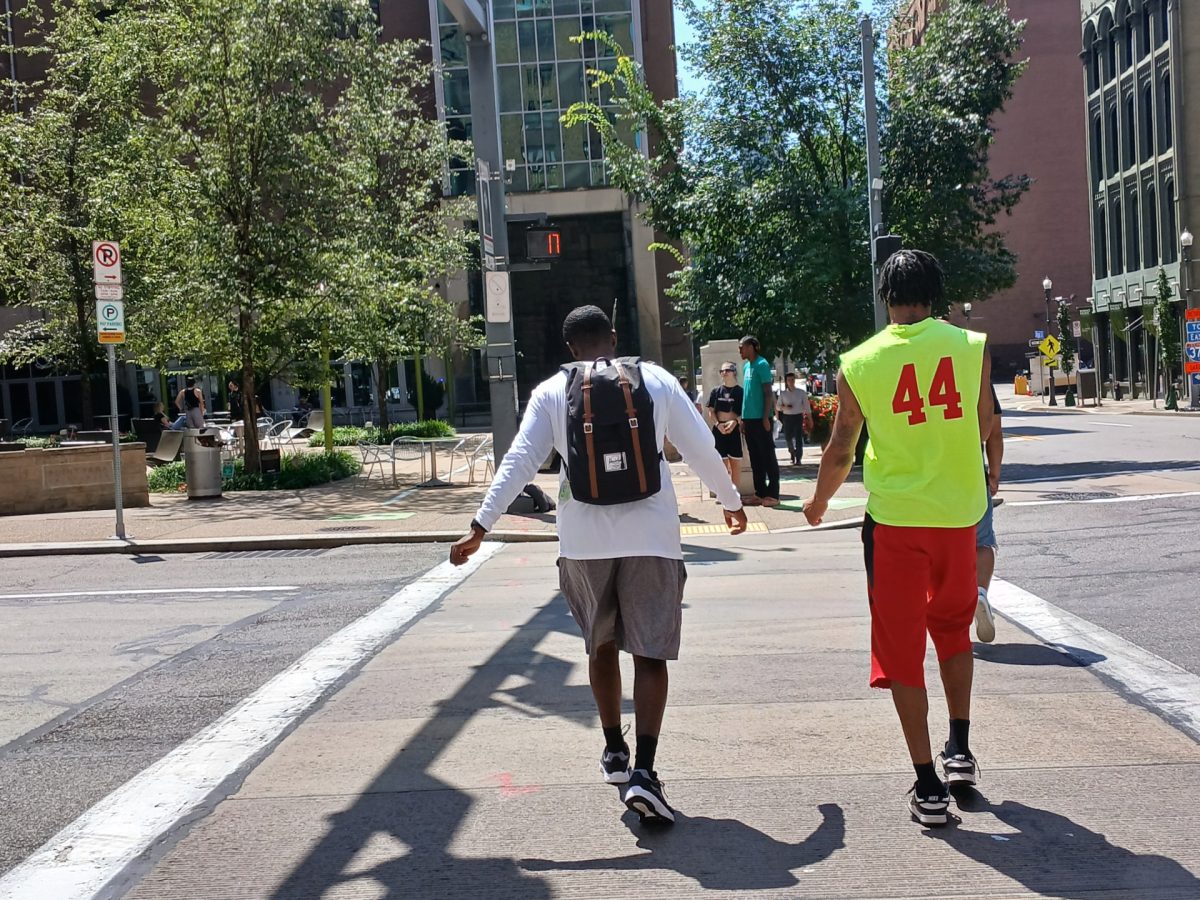As a lonely, pretentious 14-year-old, the thing that sold me on Declan McKenna, besides his fabulous makeup, was his ability to understand me. As a slightly-less pretentious 20-year-old, that hasn’t changed, for I am still awed by his ability to swiftly and poetically address the struggles of the modern young adult. As I’ve gotten older, evolved and changed, McKenna’s music has done the same, continually addressing new feelings and emotions almost as quickly as I could experience them. Seldom have I been able to connect with another artist’s work quite like McKenna’s.
All that being said, not only did McKenna’s third studio album “What Happened to the Beach?” meet my high expectations for his work, it completely transcended them. This album gleams with levels of complexity, maturity and mastery that any artist should be proud to reach, let alone a 25-year-old.
“What Happened to the Beach?” addresses ideas of change, reflection and evolution with candor, sincerity and subtlety. Each track is rich with purpose and meaning, supplying the necessary tools for the listener to dig in and uncover their own interpretation or connection. McKenna has never been one to be too on the nose with his intentions, but this album sees his skill rise to a whole new level.
One of the best examples is “Mulhollands Dinner and Wine,” a song which champions the themes of the album as a whole and creates an amusing commentary about the city of Los Angeles through a story of golf carts and mini-marts.
“Nothing Works” is equally evocative for its exploration of expectations and introspection. Although a bit more straightforward in the presentation of its intent, the song still does a masterful job covering broad, complex ideas in a thoughtful, touching way.
Then of course there’s the album’s opener, “WOBBLE,” which poses the album’s titular question with the lyric, “What happened to the beach? ‘Cause life’s really changing.” A seemingly simple line, but it packs a complex punch as the opener to this pensive album, stirring vivid imagery of an abandoned beach that was once full of life and beauty.
Of course the lyrics are only one half of the equation. What cements this album’s mastery beyond the lyrical feats are the richly layered backings. Though these backings are reminiscent of McKenna’s previous work, they remain fresh and experimental at the same time.
From start to finish, the album is coated in this rich retrofuturism. They are sounds that have a futuristic edge to them, but follow a 60’s or 70’s vision of the future as opposed to a modern one.
Acoustic and bass guitar are prominent on a number of tracks throughout the album. This is most notable in “I Write The News,” which starts with a Bob Dylan-esque quality before launching into funky, thumping percussion. The guitar is used a bit more traditionally on the album’s closer “It’s an Act,” keeping it grounded amongst the swelling piano and trumpet.
Once again, “Mulhollands” excels in this category, having one of the funkiest, catchiest backings on the album. The track’s central guitar riff ties the backing together with its warm, mellow sound. It offers an excellent contrast to the flourishing trumpets and groovy synths.
“The Phantom Buzz (Kick In)” leans into more of a classic rock sound with crashing cymbals and a sharp mix of bass and electric guitar. The vocals on this track are notable as well for their showcase of McKenna’s range.
“Elevator Hum” puts a genius spin on the idea of elevator music through a lively, poppy backing of synths, percussion and guitar infused with “dings” and “pings” reminiscent of, you know, an elevator.
“Mezzanine,” featuring a more subtle backing than the rest, is driven by a toe-tapping percussion that remains consistent throughout the majority of the song, but never gets stale or loses its luster.
All of the backings are far more complex and varied than anything McKenna has attempted before. They are experimental, but they never get away from him. They feel like a perfectly natural progression of his sound.
The layers on this album are so rich from start to finish. I’ve listened to it a handful of times already since it came out, and I keep discovering new elements of its artistry, whether lyrically or instrumentally, that heighten my impression of it even further.
“What Happened to the Beach?” cements McKenna’s position as a thoughtful voice of the youth and, more broadly, in music. It comes across as a very honest, sincere introspective exploration of McKenna and the effect his success has had on his life. It’s done in such a way that the listener can relate to and see themselves in these experiences. As potent of a commentary as “Nothing Works” provides, the album ultimately disproves it, because, in its entirety, “What Happened to the Beach?” definitely works. Very much so.










